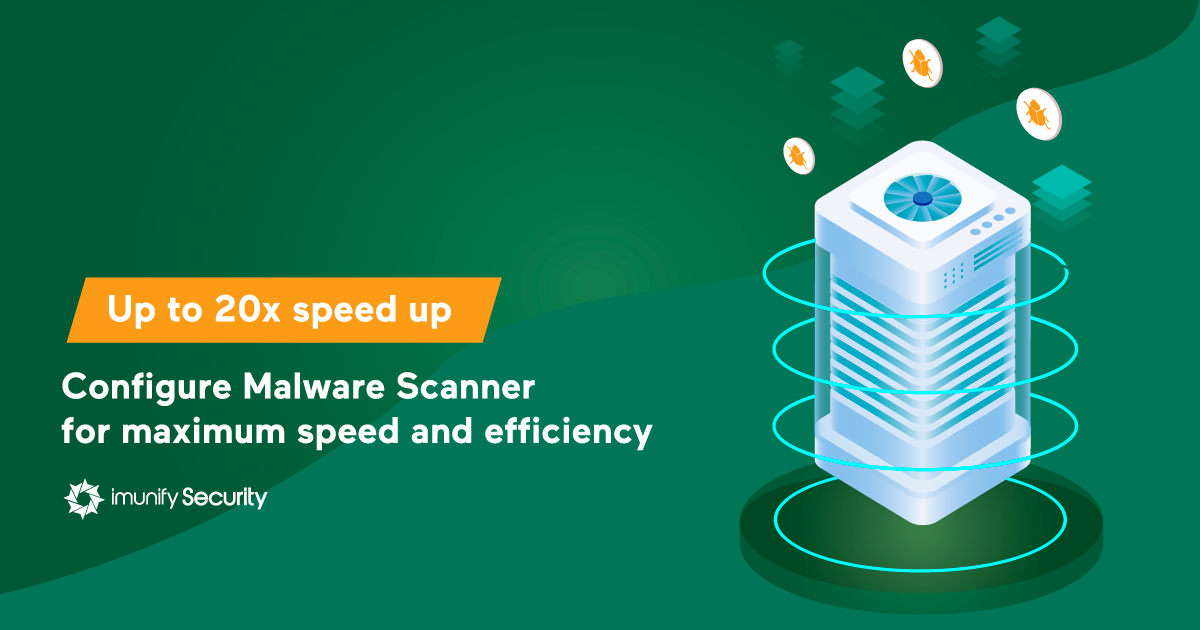Launch your own professional WordPress services without upfront
investment or headcount. Powered by Seahawk — Branded as you.


We’ve released Imunify360 4.3 to production and now it’s time to boost your Malware Scanner performance using new features and options.

The Imunify Malware Detection Team have a stash, a repository of over 7 million openly-available CMS add-ons and plugins.

.png?width=115&height=115&name=pci-dss%20(1).png)
